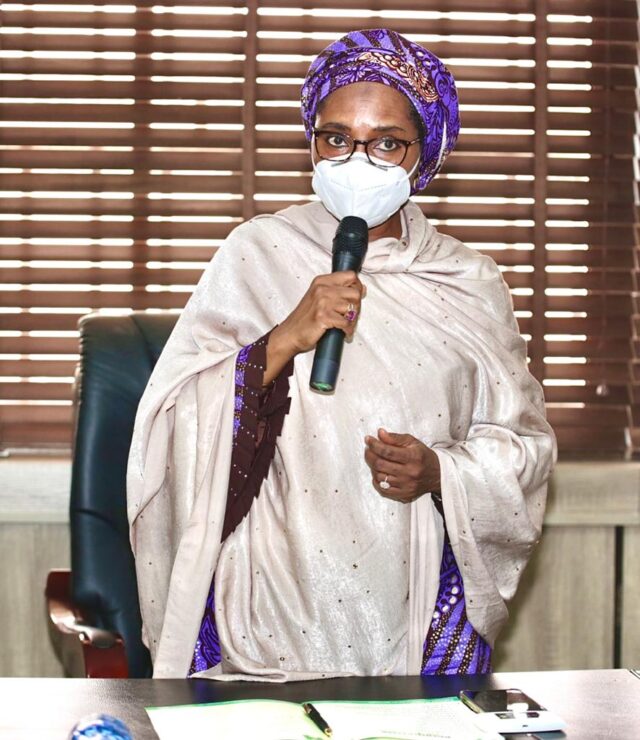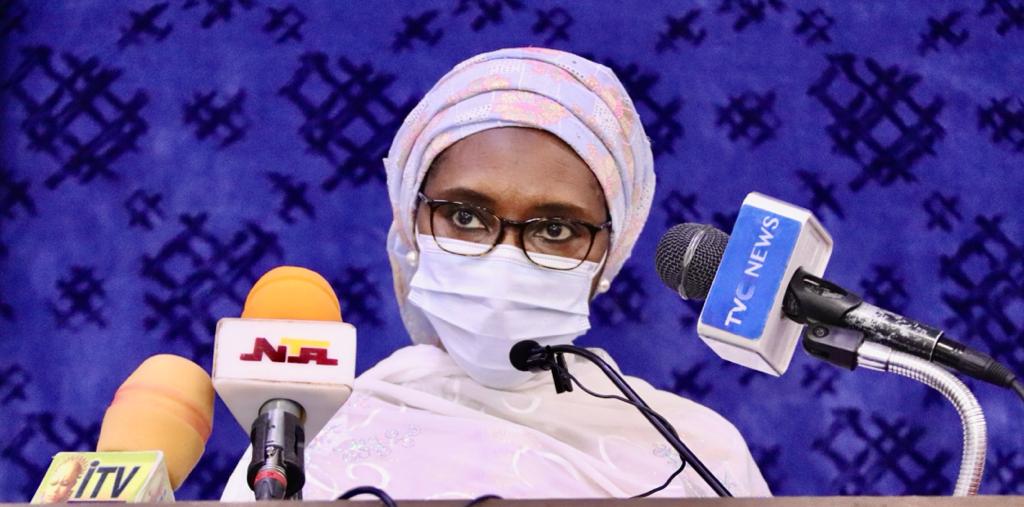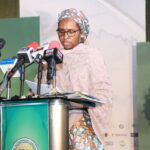In line with the expectation by the Honourable Minister of Finance, Budget and National Planning, Mrs. Zainab Ahmed, that if Nigeria is able to receive even $2 billion monthly Diaspora remittances, the Naira exchange rate will be boosted, the World Bank has just disclosed that Nigeria and others recorded $540billion remittance flows in 2020.
According to the bank, despite COVID-19 pandemic, remittance flows remained resilient in 2020, registering a smaller decline than previously projected.

Officially recorded remittance flows to low- and middle-income countries reached $540billion in 2020, just 1.6 percent below the 2019 total of $548 billion, according to the latest Migration and Development Brief by the bank.
The decline in recorded remittance flows in 2020 was smaller than during the 2009 global financial crisis (which stood at 4.8 percent).
It was also far lower than the fall in Foreign Direct Investment(FDI) flows to low and middle-income countries, which, excluding flows to China, fell by over 30 percent in 2020.
As a result, remittance flows to low- and middle-income countries surpassed the sum of FDI ($259billion) and overseas development assistance ($179billion) in 2020.
The main drivers for the steady flow included fiscal stimulus that resulted in better-than-expected economic conditions in host countries, a shift in flows from cash to digital and from informal to formal channels, and cyclical movements in oil prices and currency exchange rates.
The true size of remittances, which include formal and informal flows, is believed to be larger than officially reported data, though the extent of the impact of COVID-19 on informal flows is unclear.
The Central Bank of Nigeria (CBN), had in recent times been taking steps to boost remittances inflow from Nigerians in the Diaspora. Just two months ago, the apex bank introduced a N5 incentive for every dollar remitted into the country by Nigerians in the Diaspora.
At an interactive session on ‘Improving Remittance Inflows into Nigeria’ in Abuja, Mrs. Ahmed said: “If it is just $1billion monthly or moving close to $2 billion monthly, I’m so certain,you all know what will happen to exchange rate in Nigeria.
She also said: “I am so certain that after sometime deposit money banks will not have any need to begin to call on CBN to provide dollars to fund their commercial operation. So, that is why we are saying that we want to aggressively take on this and see how this will help our economy.





